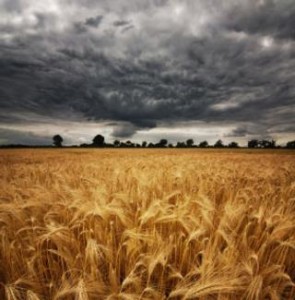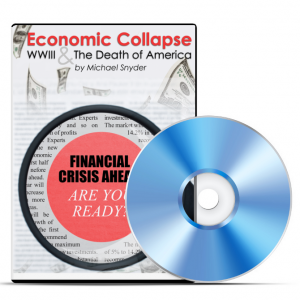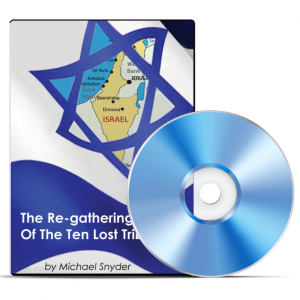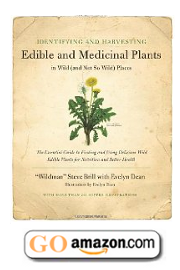 While many world leaders have been wringing their hands about global warming, the truth is that the global deep freeze now ravaging North America, Europe and Asia is the biggest problem for agriculture right now. In fact, many analysts are now predicting that agricultural losses due to the unusually cold winter will lead to huge spikes in the price of food and massive food shortages in many areas of the world in 2010.
While many world leaders have been wringing their hands about global warming, the truth is that the global deep freeze now ravaging North America, Europe and Asia is the biggest problem for agriculture right now. In fact, many analysts are now predicting that agricultural losses due to the unusually cold winter will lead to huge spikes in the price of food and massive food shortages in many areas of the world in 2010.
So just what has been so bad about the winter of 2009/2010?
The truth is that for many areas of the northern hemisphere, it has been the most brutal winter in decades. Record-setting cold temperatures and devastating winter storms have been sweeping North America, Europe and Asia with no apparent end in sight. In fact, 877 snowfall records were set or tied in the United States in just one week in December alone.
At one point, 50 percent of the U.S. was already covered in snow in December. That is extremely unusual for so early in the winter.
But things are not any better in Europe. The death toll from brutal winter storms across Europe has risen to at least 80 people, as arctic temperatures and heavy snow continue to plague the continent.
Asia is feeling the effects of this harsh winter as well. More than 30 people died in cold-weather related incidents in Northern India recently in just one 24 hour period. Record setting snowfalls have been plaguing China and South Korea as well.
So what does all of this brutal winter weather mean for agricultural production?
Problems.
Big problems.
The U.K. has been experiencing the worst winter that they have seen in decades, and the extended cold temperatures there are absolutely destroying agricultural production in many areas as the Guardian recently reported….
“Sub-zero temperatures have made it impossible to extract some vegetables from the ground. Producers of brussels sprouts and cabbages are all reporting problems with harvesting. Cauliflowers are said to have turned to mush in the sustained frost.”
In fact, the Guardian is reporting that the prices for some types of produce have already begun to spike in many areas….
“Greengrocers in some of the worst-hit areas are reporting shortages, with the price of carrots and parsnips reportedly rising by 30% in some small shops.”
The unusually cold temperatures are having a particularly harsh impact on areas that are not accustomed to seeing below freezing temperatures. For example, citrus crops throughout the state of Florida have been absolutely destroyed in many areas by the recent string of cold weather.
The New York Times describes the situation there this way….
“This was not the standard winter chill. For nearly two weeks, the Sunshine State felt like a meat locker with record lows north and south. Economists said the total cost to agriculture alone could reach into the hundreds of millions of dollars, adding another bruise to Florida’s beaten-down economy.”
So what will the weather in Florida mean to our food bills?
The agriculture expert quoted by the New York Times was very grim in his assessment….
“Tomatoes were down around $14 for a 25-pound box; now they are up over $20,” said Gene McAvoy, an agriculture expert with the University Florida, who predicted $100 million in vegetable losses. “Peppers — just after New Years they were $8 a box; now they’re up around $18.”
This all comes at a time when a U.S. government report is revealing that the nation’s farmers planted the fewest winter wheat acres in any season since 1913. According to the report from the Department of Agriculture, the total acres of winter wheat planted for 2010 is 37.1 million acres, which is down 14 percent nationwide from last year.
So what does all of this mean?
It means that there is going to be a lot less food grown.
A basic law of economics is that when supply goes down, prices go up.
That is exactly what is going to happen.
All over the world agriculture is being devastated this winter, and that is going to result in higher food prices all over the globe.
There will even be food shortages in many areas of the world.
So exactly how bad are things going to get?
Well, nobody knows for sure yet, but food isn’t going to get any cheaper.
You might want to run out and buy a few extra (or a few dozen extra) cans of vegetables.











Pingback: 12 Signs That 2010 Is Going To Be A Really, Really Bad Year For The Democrats And The Obama Administration()